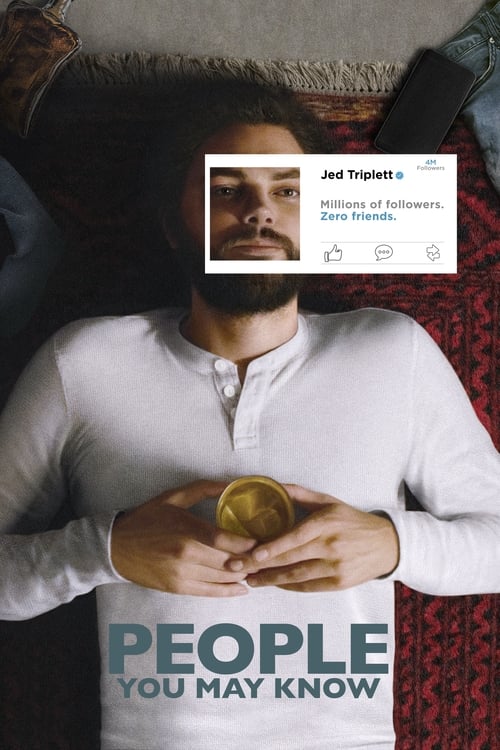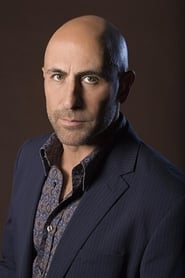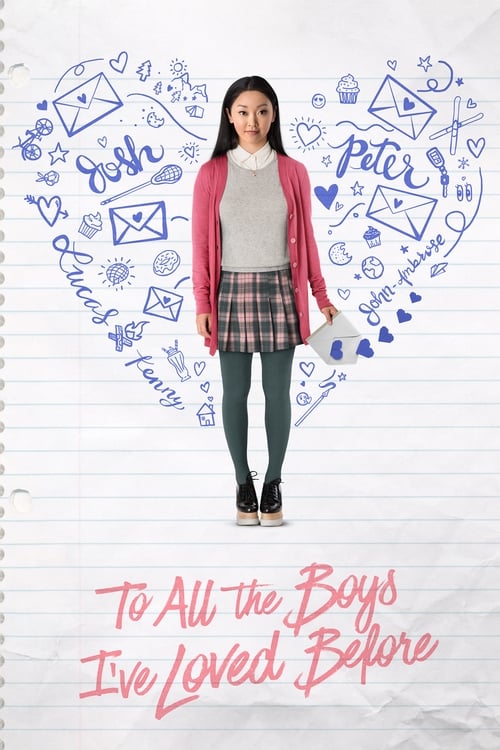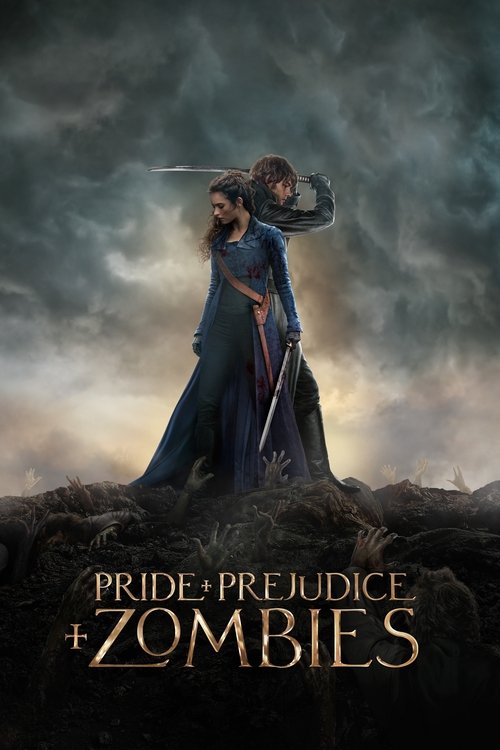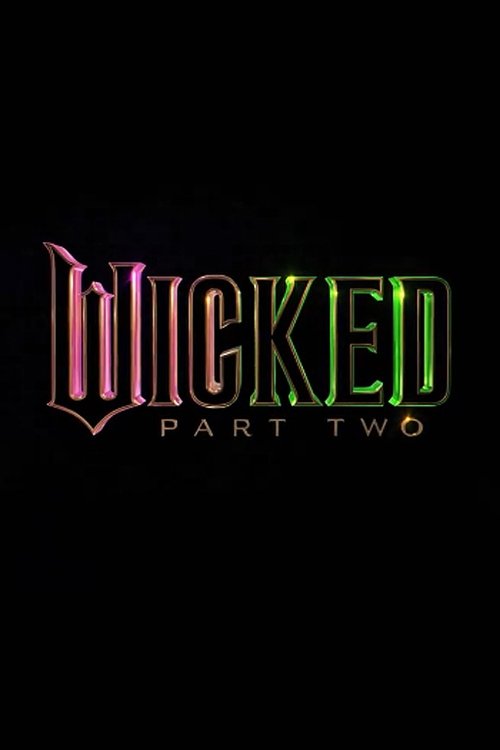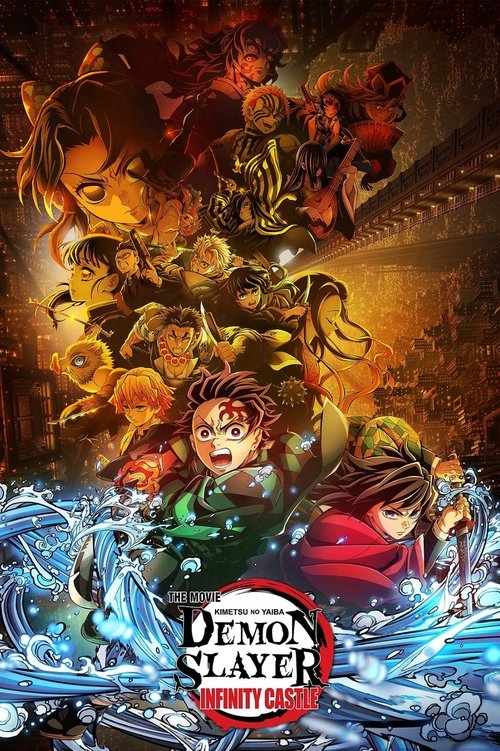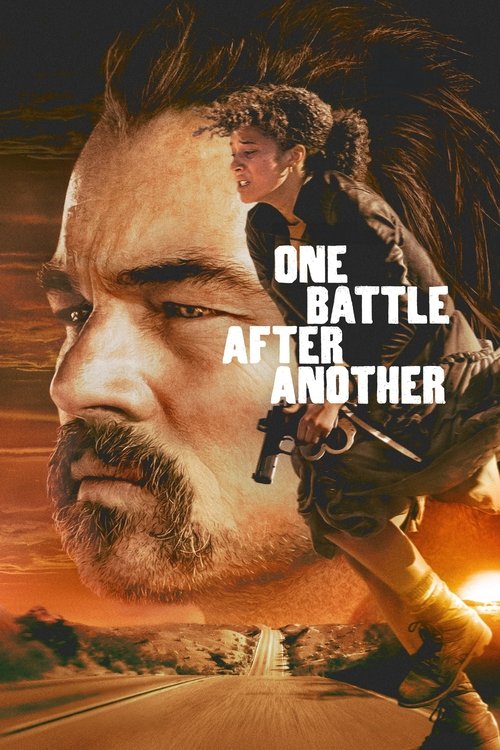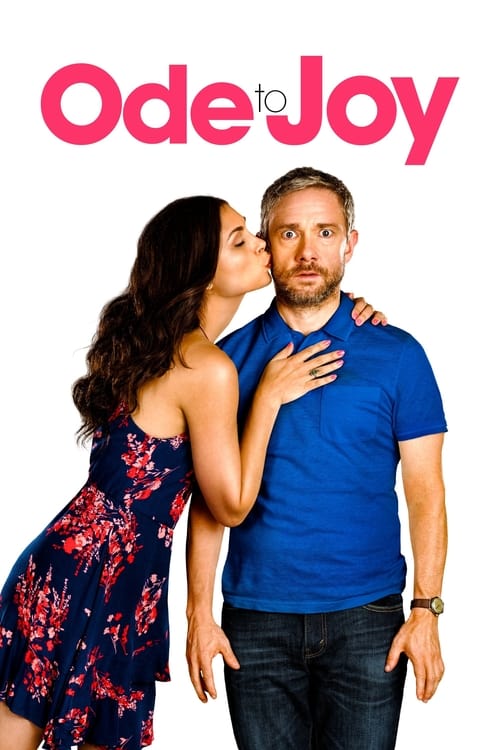
Ask Your Own Question
What is the plot?
More Movies Like This
Browse All Movies →What is the ending?
In the ending of "People You May Know," the main character, a young woman named Claire, confronts her feelings about her relationships and her identity. After a series of emotional revelations and confrontations, she ultimately decides to embrace her true self and move forward, leaving behind the toxic dynamics that have held her back. The film concludes with Claire taking a step towards independence and self-acceptance.
As the final act unfolds, we find Claire in a moment of introspection. She has been grappling with her sense of self-worth and the impact of her online persona on her real-life relationships. The camera captures her sitting alone in her apartment, surrounded by the remnants of her past choices--cluttered social media notifications, unanswered messages, and a sense of isolation that has been building throughout the film.
Scene by scene, the tension escalates. Claire receives a message from her friend, who has been a source of both support and conflict. This friend, who has often encouraged Claire to conform to societal expectations, reaches out to her, suggesting they meet. Claire hesitates, her internal struggle evident as she weighs the importance of this friendship against her need for authenticity.
In the next scene, Claire meets her friend at a local café. The atmosphere is charged with unspoken words. As they sit across from each other, Claire's friend expresses concern about Claire's recent behavior, hinting at the need for Claire to "fit in" more. Claire, feeling the weight of these expectations, finally finds her voice. She articulates her frustrations, revealing how the pressure to maintain a certain image has stifled her true self. The emotional intensity of this confrontation is palpable, with close-ups capturing the shifting expressions on both their faces--Claire's determination clashing with her friend's disbelief.
The scene shifts to Claire's home, where she reflects on her conversation. The camera lingers on her as she scrolls through her social media, the bright screens contrasting with her somber mood. In a moment of clarity, she decides to delete her social media accounts, symbolizing her rejection of the false narratives that have defined her. This act of liberation is both cathartic and terrifying, as she grapples with the fear of losing connections but understands the necessity of prioritizing her mental health.
In the final scenes, Claire is seen engaging in activities that bring her joy--painting, spending time with her family, and reconnecting with old friends who appreciate her for who she truly is. The film closes with a montage of Claire embracing her individuality, interspersed with moments of laughter and genuine connection. The last shot captures her standing in front of a mirror, a soft smile on her face as she acknowledges her growth and newfound sense of self.
As the credits roll, we see that Claire has chosen a path of authenticity, leaving behind the toxic relationships that once defined her. The fate of her friend remains uncertain, as the film suggests that not all relationships can withstand the test of honesty and self-discovery. Claire's journey serves as a poignant reminder of the importance of self-acceptance and the courage it takes to break free from societal expectations.
Is there a post-credit scene?
In the movie "People You May Know," there is no post-credit scene. The film concludes without any additional scenes or content after the credits roll. The story wraps up with the main characters reflecting on their experiences and the connections they have made throughout the narrative, leaving the audience with a sense of closure regarding their journeys.
What motivates the main character, a socially awkward man named 'Drew', to create a fake online persona?
Drew, feeling isolated and struggling with his social skills, is motivated by a deep desire for connection and acceptance. His loneliness drives him to craft a more appealing online identity, hoping to engage with others and find companionship.
How does Drew's relationship with his online friends evolve throughout the film?
Drew's relationship with his online friends begins with excitement and a sense of belonging, but as he becomes more entangled in his fabricated persona, the dynamics shift. He experiences moments of joy and validation, but ultimately faces the consequences of deception, leading to feelings of guilt and isolation.
What role does Drew's real-life friend, 'Megan', play in his journey?
Megan serves as a grounding force in Drew's life, representing genuine friendship and support. She is concerned about his well-being and often challenges him to be authentic. Her presence highlights Drew's internal conflict between his real self and the persona he has created online.
How does the film depict the impact of social media on Drew's life?
The film illustrates the duality of social media in Drew's life; it initially offers him a platform for connection and self-expression, but it also exacerbates his feelings of inadequacy and loneliness. As he navigates his online interactions, the film showcases both the thrill of virtual friendships and the pain of living a lie.
What are the consequences Drew faces as a result of his online deception?
Drew faces significant emotional turmoil as his online deception unravels. The consequences include the loss of trust from those he deceived, a deepening sense of isolation, and a confrontation with his own identity. This culminates in a poignant realization about the importance of authenticity in relationships.
Is this family friendly?
"People You May Know," produced in 2017, is a drama that explores themes of loneliness, connection, and the complexities of modern relationships, particularly in the context of social media. While the film does not contain explicit content, there are several elements that may be considered objectionable or upsetting for children or sensitive viewers.
-
Emotional Struggles: The film delves into the emotional turmoil of the characters, including feelings of isolation, depression, and anxiety. These themes may be heavy for younger audiences.
-
Relationship Conflicts: There are scenes depicting strained relationships, including arguments and misunderstandings between friends and family members, which may be distressing for some viewers.
-
Substance Use: There are instances of characters engaging in drinking and discussions around substance use, which may not be suitable for younger viewers.
-
Mental Health Issues: The film addresses mental health challenges, including suicidal thoughts and the impact of loneliness, which could be triggering for sensitive individuals.
-
Social Media Impact: The portrayal of social media's influence on personal relationships may resonate negatively with viewers who have experienced similar issues.
Overall, while the film does not contain graphic content, its exploration of complex emotional and social issues may not be appropriate for all children or sensitive viewers.

